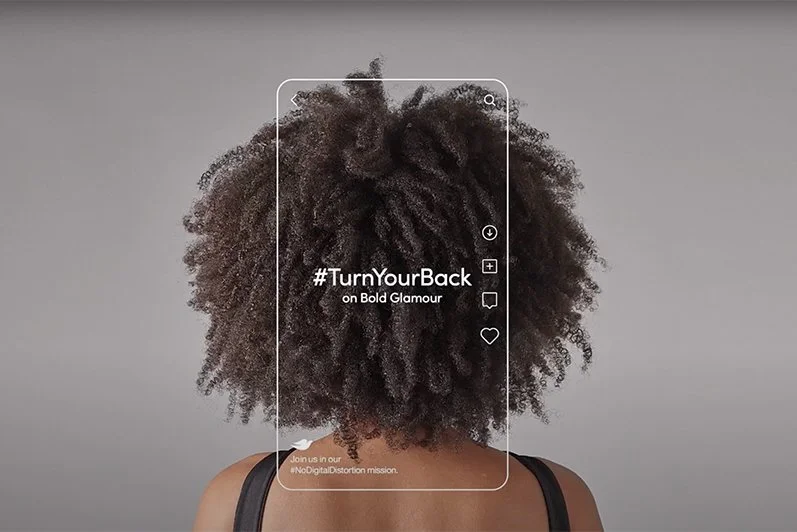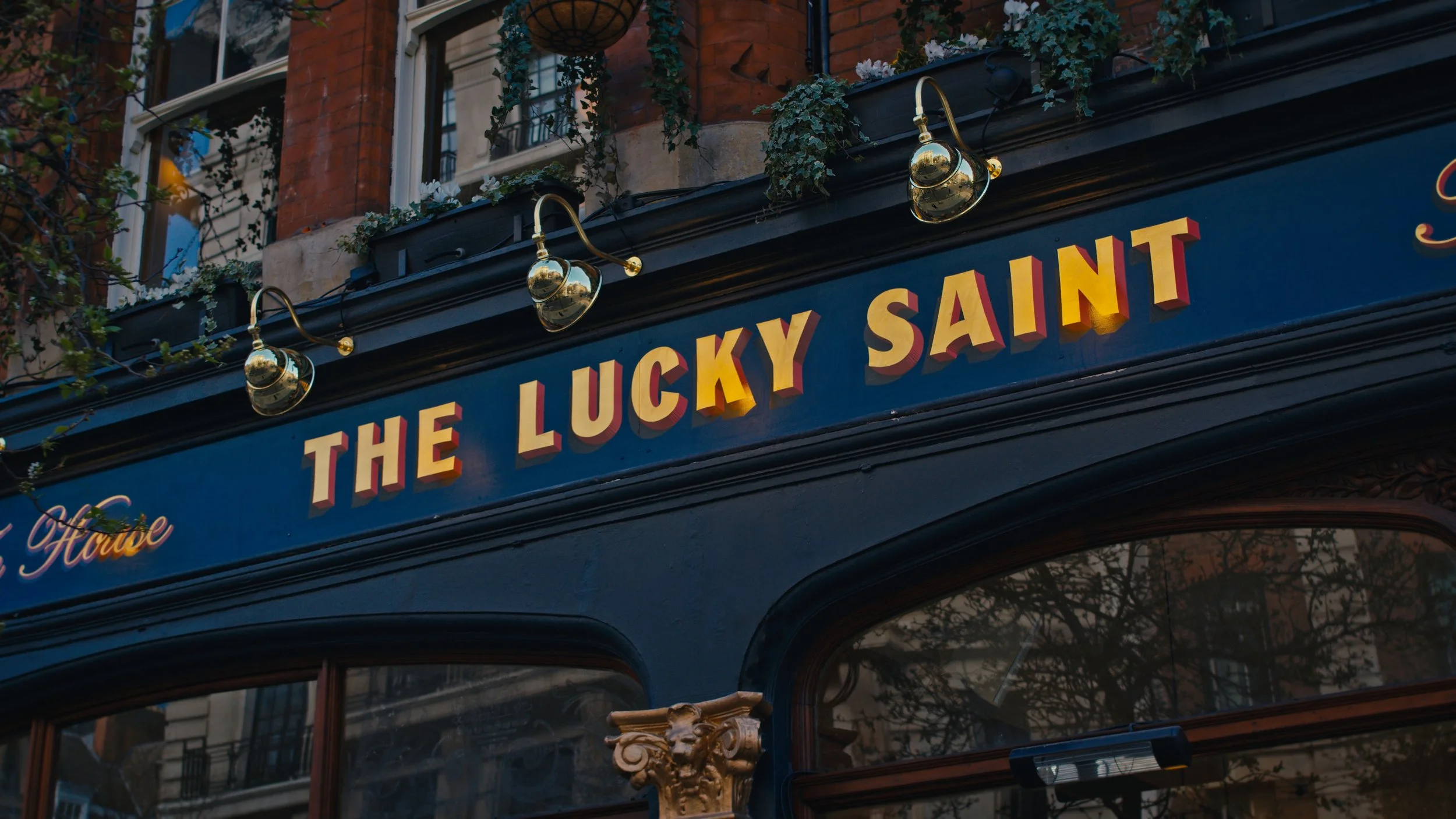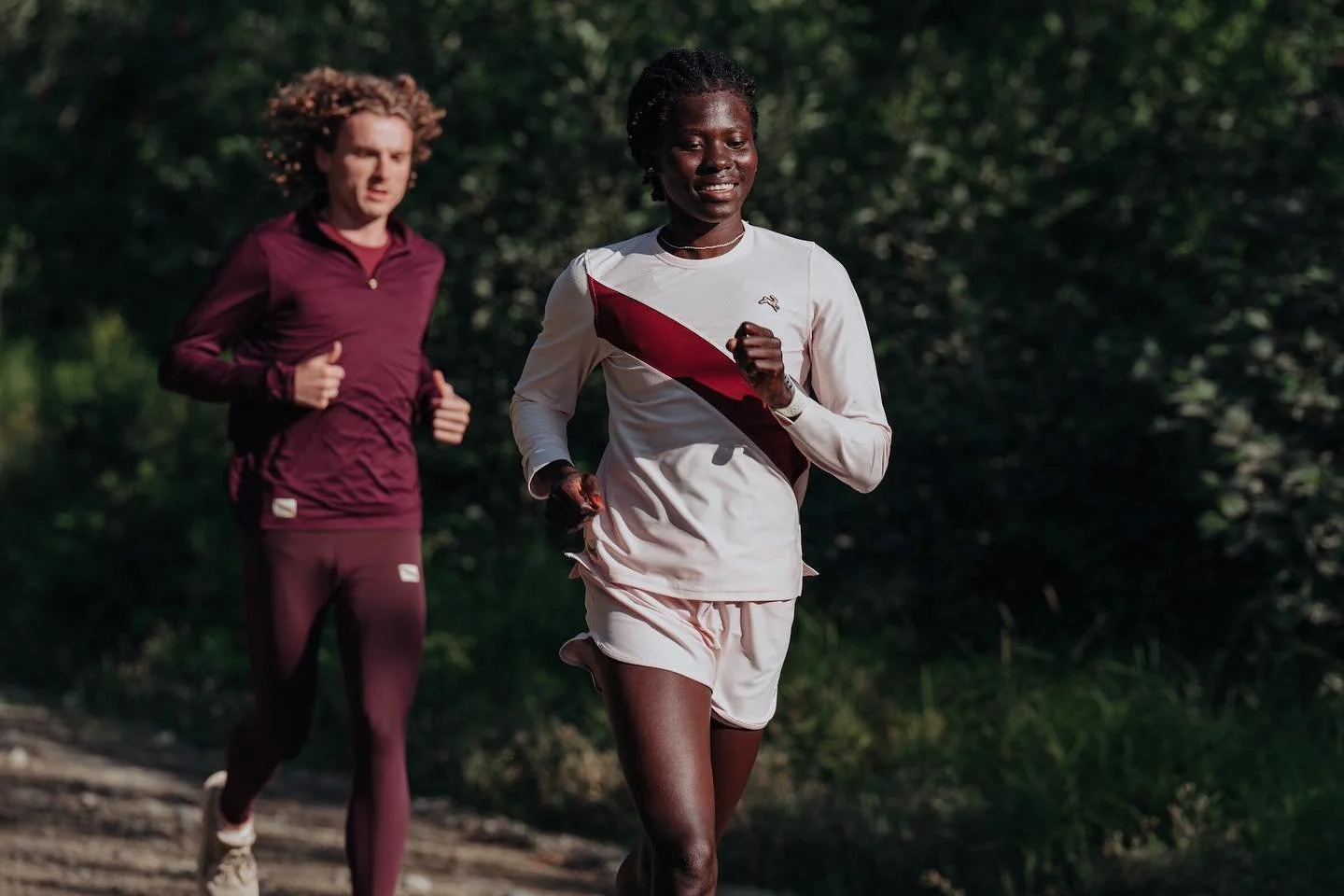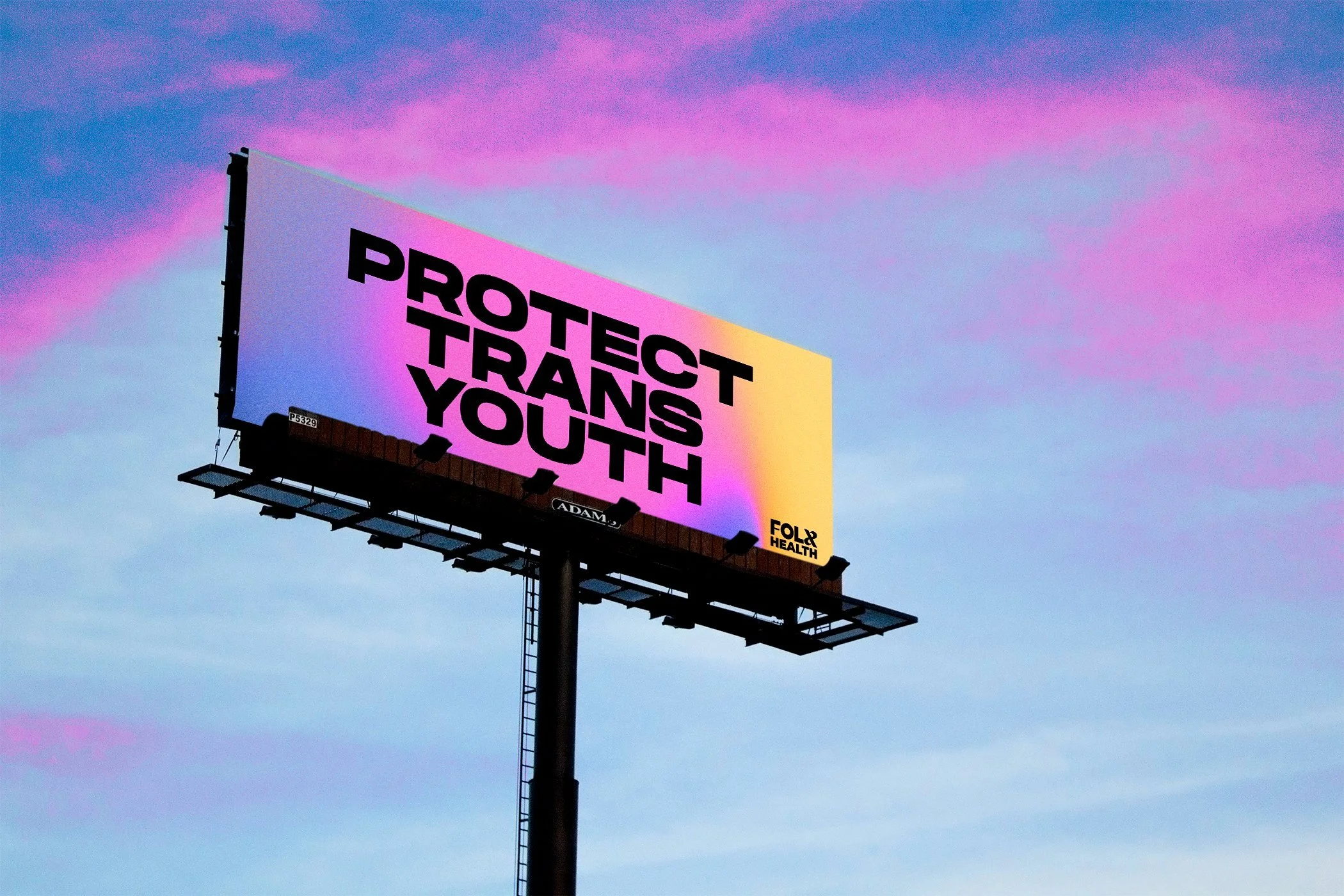Our favourites from 20 years of The Challenger Project
Credit: Howies
Started by Adam Morgan in 1999 as ‘an ongoing study of challenger brands’ the first output of The Challenger Project was the best-selling book on challenger brands: Eating The Big Fish. The book gave birth to our consultancy, eatbigfish. And the rest is history. We’ve now interviewed over 200 challenger brands to see what makes them tick and to share the lessons with you. To mark our 20th year, we asked the eatbigfish team to share their favourite moment from our years of meeting and studying the habitual rule breakers of business.
“Mark’s article on the difference between Challenger and Disruption”
This is such an important distinction for me. I was getting so frustrated of hearing potential clients saying ‘We want to be the Uber of shampoo’, or something equally fantastical. And Mark [Barden] sat down, and really thought it through, and came up with this. Which I love.
— Adam Morgan
“Ella's Kitchen’s CEO talking about their kids-first philosophy”
Our interview with Ella’s Kitchen’s CEO Mark Cuddigan is a great example of the power of some of the foundations of successful challenger brands. They lead with their belief - in this case a mission to ‘improve children’s lives through developing healthy relationships with food’ which they use as a filter for both business and brand decisions, they ask intelligently naïve questions – ‘why can’t we just call it the red one, the yellow one and the green one?’, and they drive fame with their marketing, with children sized vending machines and weeny weaning restaurants. They campaign for their cause and they’re one of my favourite challenger brands out there.
— Ben Cooper
“Eating the Big Fish of course!”
‘Challenger’ is a second language at eatbigfish, for which we are all fluent. But as with any second language, there’s a steep learning curve. If ever there was a comprehensive language guide for ‘Challenger’, it’s Eating the Big Fish. It’s the first piece of challenger content I ever read, and the first industry text I found a genuine page turner. It’s what gave me my foundation in ‘Challenger’, and years on, it remains my top recommendation to anyone looking to get fluent in the subject.
— Cecelia Hund
“New Balance sharing their extraordinary growth story”
Our interview with the CEO and CMO of New Balance explained a eight-year consistent journey as a challenger and one that has produced extraordinary results and growth. The business has grown from $1bn in 2009 to over $4.5bn today and they credit eatbigfish for helping them develop the strategy and plans which got them there.
— Chad Dick
“The Collective demonstrate you can have a big impact even on a small budget”
Our interview with The Collective highlights that you can make a big impact even on a small budget. Even though their product is why people come back, they put huge effort in ensuring that they have close relationships with their consumers (sending postcards, Christmas cards etc) - which was unlike another yoghurt brand at the time. With a limited marketing budget, I love how The Collective use their packaging and language to disrupt at shelf - their tone of voice challenges an often bland and sterile dairy industry.
— Ellie Simmons
“Who Gives A Crap prove that any ‘boring’ category can be transformed”
I love our interview with Who Gives A Crap for proving, in 2019, that challenger thinking can transform any ‘boring’ category into something worth talking about, worth paying more for and that is making a positive dent in the world.
— Emily Horswell
“Richard Reed, the co-founder of Innocent sketching out his house media concept”
This interview, from 2007, was one of my first - that shaky camerawork is all mine (Jude understandably doesn't let me behind the camera anymore). The whole interview was full of challenger insights, but Richard's simple but effective 'House Media' concept, sketched out as we spoke to him, is still one of the most effective ways to think about how to project a brand’s identity. The thought that stands out for me is that while Innocent is often credited (and blamed) for popularising the much-copied chatty copy on pack, this film shows that in fact, it is the product that is central to the brand's massive success.
— Helen Redstone
“Brewdog’s Captain and his righteous indignation of the beer industry”
Brewdog’s co-founder James Watt is the ultimate ‘rebel with a cause’. Watch our interview with him and you understand everything you need to about the brand – from his righteous indignation about the ‘monolithic, bland, tasteless’ industry that they want to challenge, to the brilliantly clear articulation of why they do things like wrapping beer bottles in roadkill which simply gives them ‘a platform to talk about what makes great craft beer’. Not everyone can or should be a irreverent challenger like Brewdog but everyone loves this interview – it’s impossible to ignore.
— Hugh Derrick
“Capturing Hiut Denim at the beginning of their journey”
One of my favourites is our interview with David Hieatt we filmed in 2012 just after he had launched Hiut Denim. Our trip from London involved a 5-hour train journey and a bumpy 2-hour drive to the north coast of Wales. David had left Howies, the first company he had founded, and I think was quite frustrated with aspects of their sale to Timberland and the impact that had on his company. Hiut Denim was a chance for a fresh start and to create a brand how he wanted, and without compromise. He spoke about businesses needing to ‘find their why’, which for Hiut was about bringing skilled manufacturing back to the town, and I liked that it was quite a simple, meaningful and measurable purpose to have. It was the beginning of a new journey for David and Hiut (they employed just two jeans makers at the time of our visit) and as we sat in that empty factory you could feel a quiet excitement and anticipation for the future from him. I think that came through in the film.
— Jude Bliss
“The creator of Hendricks and Sailor Jerry Spice Rum talking about ignoring what focus groups have to say”
My favourite is our interview with Steven Grasse and him talking about creating Hendricks. He talks about the inspiration for the iconic bottle and how in focus groups most people said they hated it - an opinion he thankfully ignored. In fact, focus groups were very dismissive of the product too, a criticism he simply took and turned into the brand’s rallying cry: It’s not for everyone. It’s an inspirational piece of film for people working on challengers of all sizes.
— Kayleigh Peet
“Our interview with the founder of Thinx”
When I first read this interview with Miki Agrawal, everything about what being a ‘challenger’ means just clicked. It isn’t just about an interesting product or a bold ad campaign, it’s a whole way of thinking – asking stupid questions (why has no one innovated in period products?) and being unafraid to challenge industry norms/conventions – and from this comes all the surface-level stuff (like product innovation and jazzy marketing) that people see and comment on.
— Kirstin Piening
“Experiencing and hearing about Depop’s rebellious challenger spirit”
My favourite moment was our Depop interview. Visiting their London HQ and meeting Simon Beckerman was eye-opening on both a creative and brand level. It was visually a very interesting environment to film and photograph. Their office was something of a mish-mash of styles but it had a very unique and quirky ‘Depop’ feel to it. It was loud, brash and fun to capture. On a brand level, Simon told us that many of the people they employ at Depop are already buyers and sellers using the service. They already know and understand the brand and have that common ‘rebellious’ spirit as Simon put it. It made me think of Depop as a genuinely people-powered brand. It’s not just marketing.
— Luke Cole
“The CMO of Audi of America talking about breaking in to ‘the rule of three’”
Breaking in to ‘the rule of three’ in the world of luxury autos was an almost impossible ask, especially for a brand with the reputational weaknesses that Audi had at the time. Yes, they had a pipeline of remarkable cars, built on progressive technologies, but it was the marketing that made the difference, that gave America permission to cross-shop an Audi. Moreover, it persuaded Germany, with its legacy of brand leadership, to adopt a challenger mindset which was nothing short of a miracle. Kudos to the legendary leadership of Audi at the time and their brilliant agency partner, Venables Bell. Our interview with Scott Keogh, then Audi of America’s CMO, (and now head of Volkswagen Group of America) tells the story.
— Mark Barden
“Our interview with the Marketing Director of Kulula Airlines”
I love this interview because of Heidi Brauer’s infectious enthusiasm and her willingness to ruffle feathers. Being a challenger should feel like more than a job and you can see how personally Heidi takes it... whilst seemingly having a great time. This challenger story has it all: a monster in the shape of FIFA, leaning into risk, ideas that enter popular culture and no small amount of wanting to put a dent in the world.
— Nick Geoghegan
“Our Oatly interview is a great case study on the importance of getting the culture right”
Our interview with John Schoolcraft, the Creative Director of Oatly, is brilliant for a variety of reasons, but in particular, I love the way it makes clear that having a good product (and Oatly has a great product) isn’t enough by itself. Oatly have been around since the 90s, but it has been their use of challenger thinking since their relaunch that’s driven their meteoric rise of the last few years. From a bold mission-driven positioning elevated above the functional attributes of their product and category, to a willingness to polarise opinion in the pursuit of fame, or their realisation that to get noticed they need to treat everything as a potential canvas to tell their story, this interview is a great case study on the value of being more like a challenger inside the company, as well as on the outside.
— Toby Brown


























